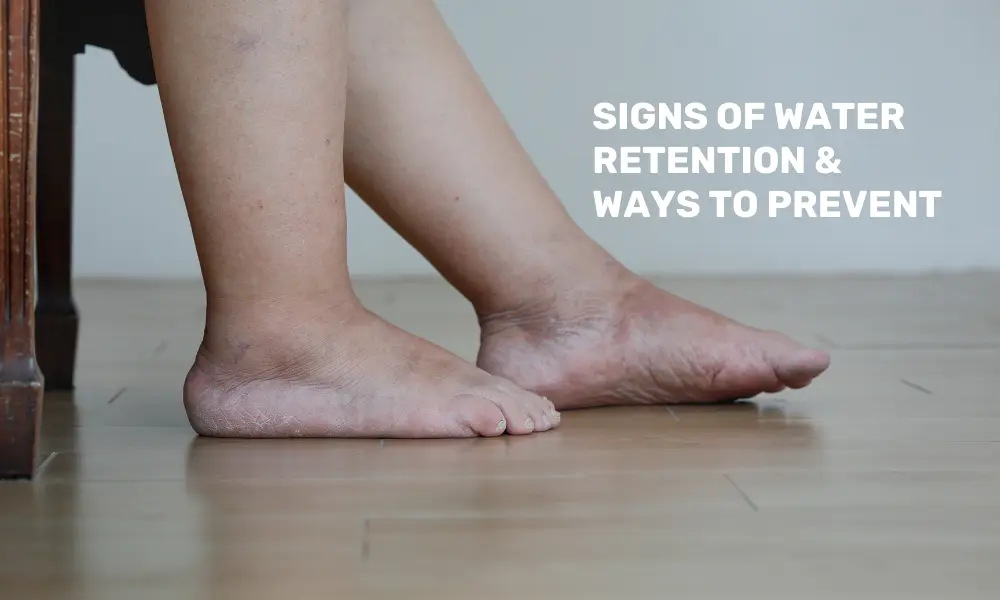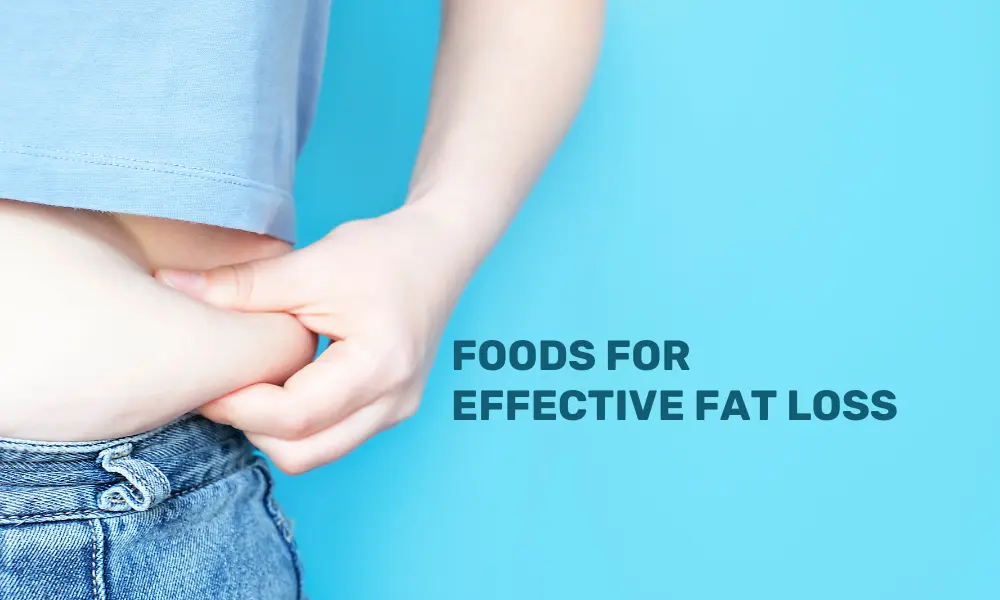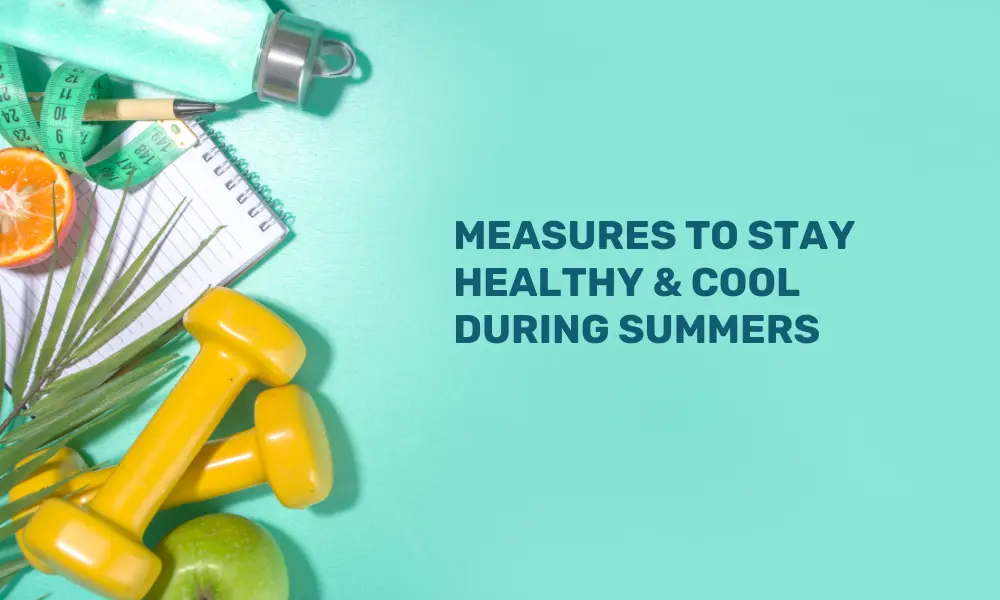Water retention is an issue most people face at some point in their lives. It is essentially excess fluid in the tissues, which causes them to swell and hence leads to discomfort. While most of the time, it is temporary and won’t cause any serious concerns, knowing its symptoms and how to avoid it can make quite a difference in your well-being.
Our in-house expert, Dt. Aparna Pandey, MSC-Nutrition and Dietetics, shares an exhaustive list of signs of water retention and ways to get rid of Water Retention.
Signs of Water Retention in the body
-
Stiffness in Joints: Water accumulation can result in stiffness, which causes soreness in the joints and ultimately makes movement more difficult.
-
Swelling in Extremities: One of the most obvious signs of water retention is swelling in the hands, feet, ankles, and legs. The shoes or rings may seem to be a bit tighter than usual.
-
Fluctuations in Weight: Rapid weight changes may indicate water retention, usually some pounds over a day or two. This occurs when there is an excess accumulation of fluid.
-
Swollen Face: A bloated or puffy face, mainly in the region of the eyes, is also indicative of water retention. It can be more apparent in the morning.
-
Indentations in the Skin: Pressure applied on the swelling can cause an indentation that remains there for some seconds.
Ways to get rid of Water Retention
-
Stay Hydrated: This may sound a little counterintuitive, but the best way to reduce water retention is by drinking plenty of water. If the body is dehydrated, it will retain more fluid. As such, drink at least eight glasses of water a day.
-
Reduce Salt Intake: Excessive salt intake will cause water retention. Use fresh and unprocessed foods and herbs and spices instead of salt for flavor.
-
Increase Potassium-Rich Foods: Potassium balances out the amount of sodium in your cells and helps reduce water retention. Add these items to your grocery list: bananas, sweet potatoes, spinach.
-
Exercise Regularly: Staying physically active improves blood flow and can also help mobilize fluid out of tissues. Even a daily walk of about 30-45 minutes can make a big difference.
-
Elevate Your Feet: If If you have swelling in your legs and ankles, elevate your feet higher than your heart once a day for some minutes to help decrease fluid buildup.
-
Wear Compression Socks: Compression socks prevent fluid from pooling in the lower extremities. They can be particularly useful if one spend a lot of time standing or sitting.
-
Eat Diuretic Foods: Some foods, like cucumbers, celery, and parsley, are natural diuretics that can help your body flush out excess fluids.
-
Reduce Refined Carbohydrates: These foods will raise your blood sugar levels, causing your body to retain even more water. Instead, reach for whole grains and foods that are high in fiber.
The Bottom Line
Knowing the symptoms of water retention and the measures to prevent it will make you more comfortable and healthier. Simple changes in your lifestyle and a few preventives will make all the difference in not only fighting water retention but also reducing it by a large extent. Remember, staying hydrated, eating a balanced diet, and keeping yourself active will keep the buildup of fluids at bay. For professional guidance, CLICK HERE.
FAQ on Water Retention
How do you get rid of Water retention fast?
-
Restrict salt intake
-
Add more fruit in diet
-
Get moving
-
Drink more water
-
Consider dandelion root
-
Wear a compression garment
-
Elevate your feet
-
Consider medication
Why am I retaining so much water in the body?
Water retention has many causes, including sitting still for a long time, particularly while flying, taking certain medications, and consuming too much sodium.
How can you lose weight fast in two days?
-
Exercise regularly
-
Increase potassium consumption
-
Manage salt intake
-
Take a magnesium supplement
-
Take a dandelion supplement
-
Consider certain foods and herb
-
Cut carbs





